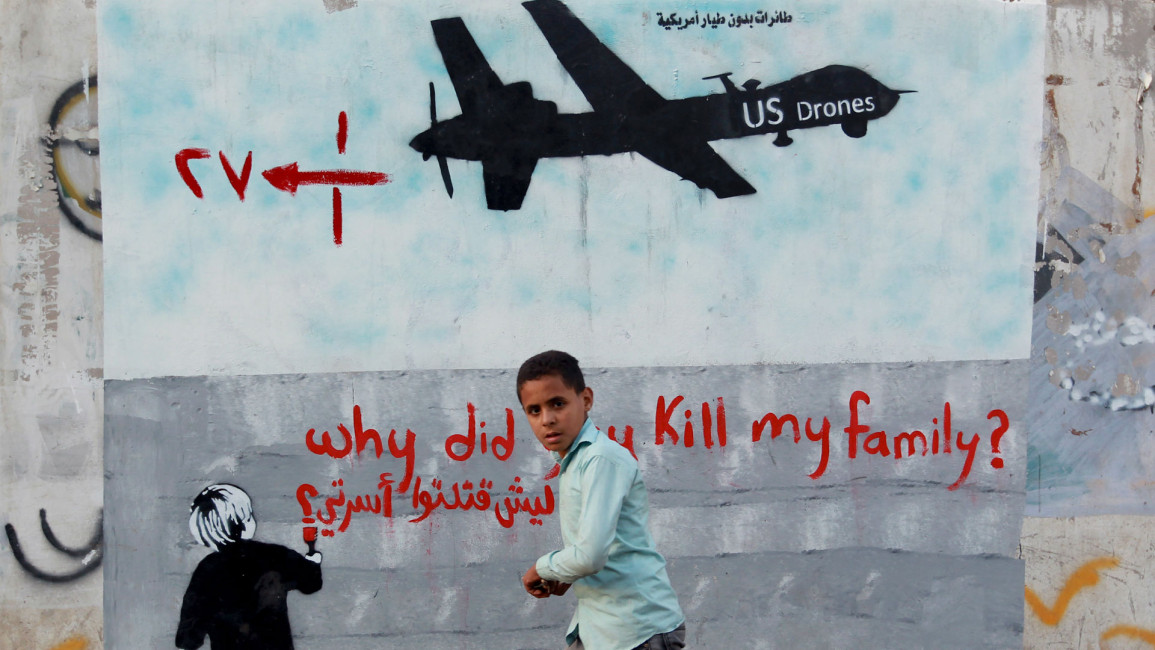Fresh wave of US airstrikes on al-Qaeda in Yemen
A new wave of US air raids against al-Qaeda in Yemen, as militants fled from towns being targeted to mountainous areas, security sources said.
At least five early morning raids hit targets linked to al-Qaeda in the Arabian Peninsula (AQAP) in the southern Shabwa and central Baida provinces, security sources told AFP, although there were no immediate reports of casualties.
Among the areas from which the radical group pulled its operatives is the Baida town of Ghail, where top AQAP commander Abdulelah al-Dhahab has reportedly been holed up, the sources said.
Five soldiers were killed by suspected AQAP gunmen at a checkpoint in the southern province of Abyan, which has itself been hit by air strikes in recent days, security sources and medics there said.
Since Thursday, Washington - which regards AQAP as the militant network's most dangerous branch - has stepped up its air and drone strikes on Yemeni provinces including Baida, Shabwa and Abyan.
On Friday, the Pentagon confirmed it had carried out more than 30 strikes against AQAP, conducted in partnership with the Yemeni government.
Local officials and tribal sources said at least 20 militants were killed on Thursday and Friday.
The 29 January raid was the first authorised by President Donald Trump, and he drew criticism after he blamed "the generals" for having "lost" Navy SEAL Ryan Owens.
Six children were killed in the controversial raid.
Al-Qaeda has exploited a power vacuum created by two years of war between Yemen's government and Houthi rebels who control the capital and some major cities along the Red Sea coast.
The US periodically sends small teams of commandos into Yemen, primarily to gather intelligence, but Davis said no Americans had been involved in any ground combat operations as part of the strikes.
Successive US administrations have kept up a drone war against al-Qaeda in Yemen since soon after the September 11, 2001 attacks.
Washington regards the Yemen branch to be the militants' most dangerous, and holds it responsible for several plots to stage attacks in the West.



